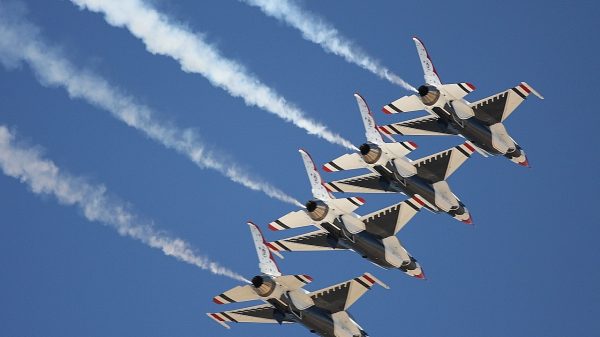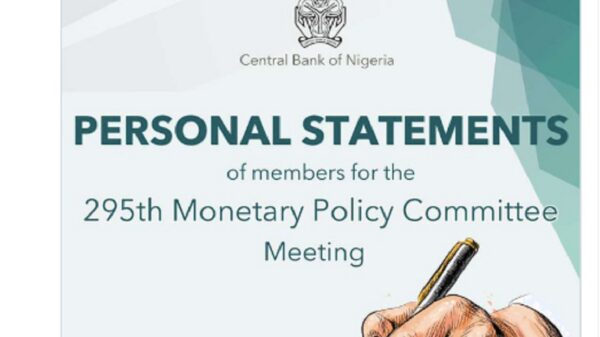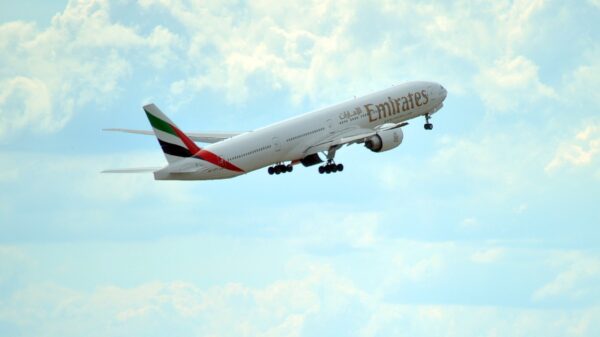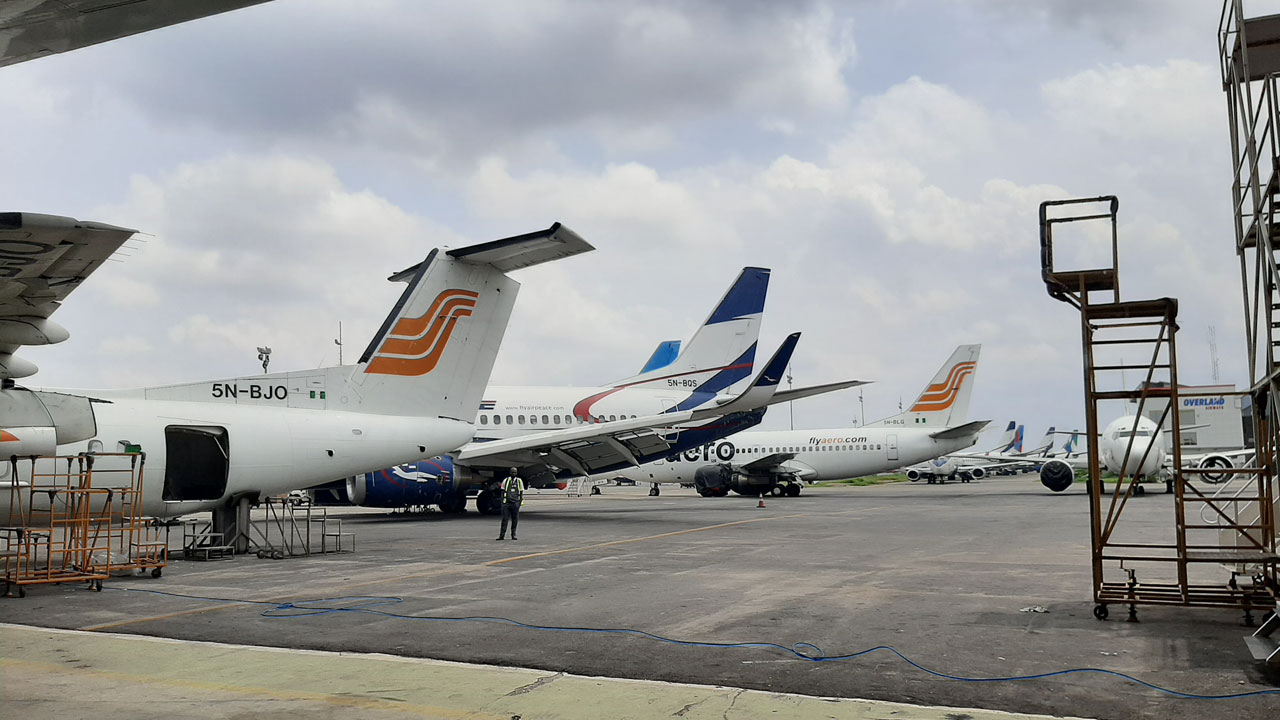Global airlines are getting hard-pressed by staff shortage and aviation fuel supply as traffic demand surges ahead of the Easter holidays.
The International Air Transport Association (IATA), yesterday, announced that air travel lately posted a strong rebound across all regions.
But the consequences are the high cost of operations, pressure on airport infrastructure and shortfall in pilots and crew that have kept airlines on the back foot. Several airports and airlines that laid-off staffers in the pandemic era are struggling to bring them back in lieu of emerging fervor in travel demands.
Staff shortages are a problem on the ground as well as in the air. Queues at Manchester Airport, Britain’s third busiest after London’s Heathrow and Gatwick, snaked out of one terminal on Tuesday, and passengers complained of hours waiting at the baggage carousel.
The airport apologised for the disruption. “As we continue to recover from the pandemic and passenger numbers grow, security queues may be longer than usual at times,” it said via Twitter.
Britain’s Airport Operators Association said its members were increasing staff as quickly as possible.
For some of the global airlines, the general spike in the cost of aviation fuel has also raised the cost of operations though marginally as the passenger traffic soar across the region.
IATA, in a market survey, released yesterday, showed that total traffic in February 2022 (measured in revenue passenger kilometers or RPKs) was up 115.9 per cent compared to February 2021. That is an improvement from January 2022, which was up 83.1 per cent compared to January 2021. Compared to February 2019, however, traffic was down 45.5 per cent.
February 2022 domestic traffic was up 60.7 per cent compared to the year-ago period, building on a 42.6 per cent increase in January 2022 compared to January 2021. There was wide variation in markets tracked by IATA. Domestic traffic in February was 21.8 per cent below the volumes of February 2019.
International RPKs rose 256.8 per cent versus February 2021, improved from a 165.5 per cent year-over-year increase in January 2022 versus the year-earlier period. All regions improved their performance compared to the prior month.
February 2022 international RPKs were down 59.6 per cent compared to the same month in 2019.
African airlines had a 69.5 per cent rise in February RPKs versus a year ago, a large improvement compared to the 20.5 per cent year-over-year increase recorded in January 2022 compared to the same month in 2021. February 2022 capacity was up 34.7 per cent and load factor climbed 12.9 percentage points to 63.0 per cent.
IATA’s Director-General, Willie Walsh, noted that the recovery in air travel is gathering steam as governments in many parts of the world lift travel restrictions.
“States that persist in attempting to lock out the disease, rather than managing it, as we do with other diseases, risk missing out on the enormous economic and societal benefits that restoration of international connectivity will bring.
“As the long-awaited recovery in air travel accelerates, it is important that our infrastructure providers are prepared for a huge increase in passenger numbers in the coming months. We are already seeing reports of unacceptably long lines at some airports owing to the growing number of travellers. And that is even before the surge of Easter holiday travel in many markets next week.
“The peak Northern summer travel season will be critical for jobs throughout the travel and tourism value chain. Now is the time to prepare. Governments can help by ensuring that border positions are staffed adequately and that background security checks for new staff are managed as efficiently as possible,” Walsh said.
Article Originally Published Here


















































You must be logged in to post a comment Login